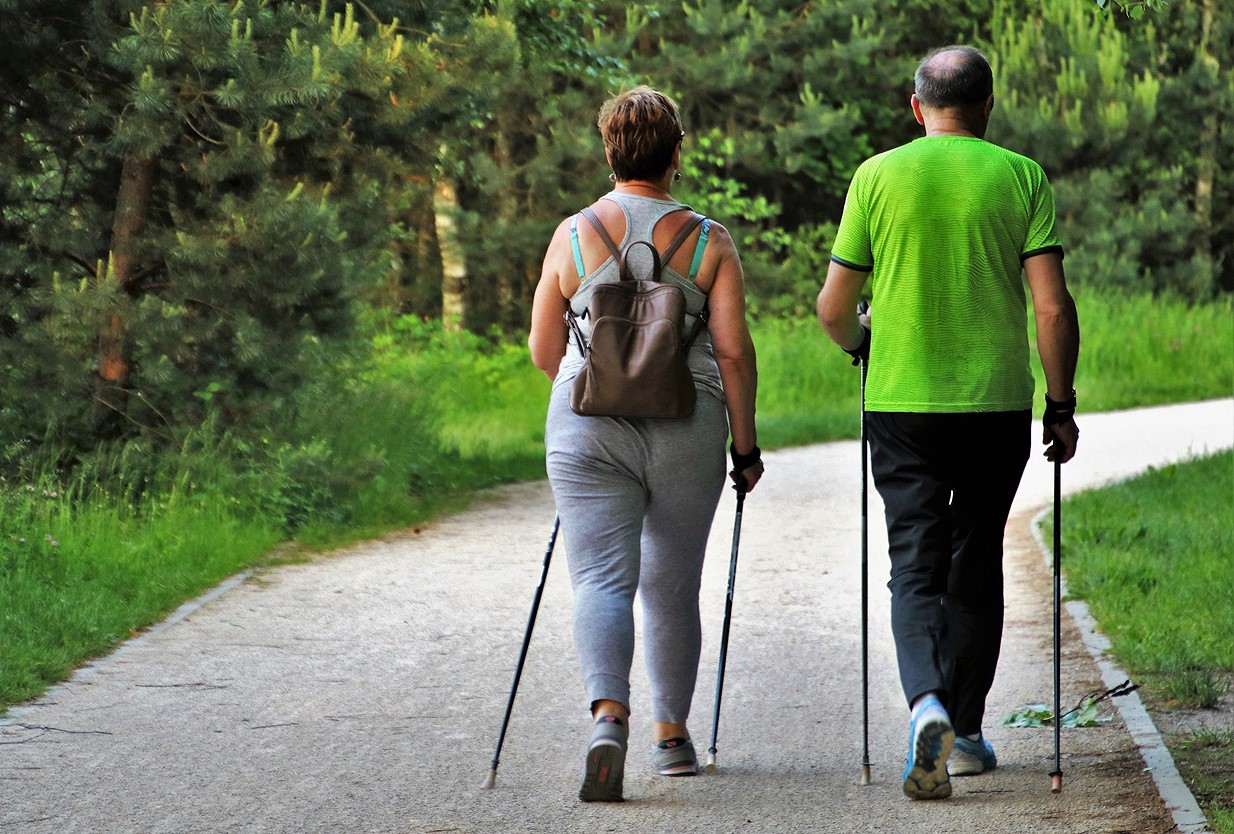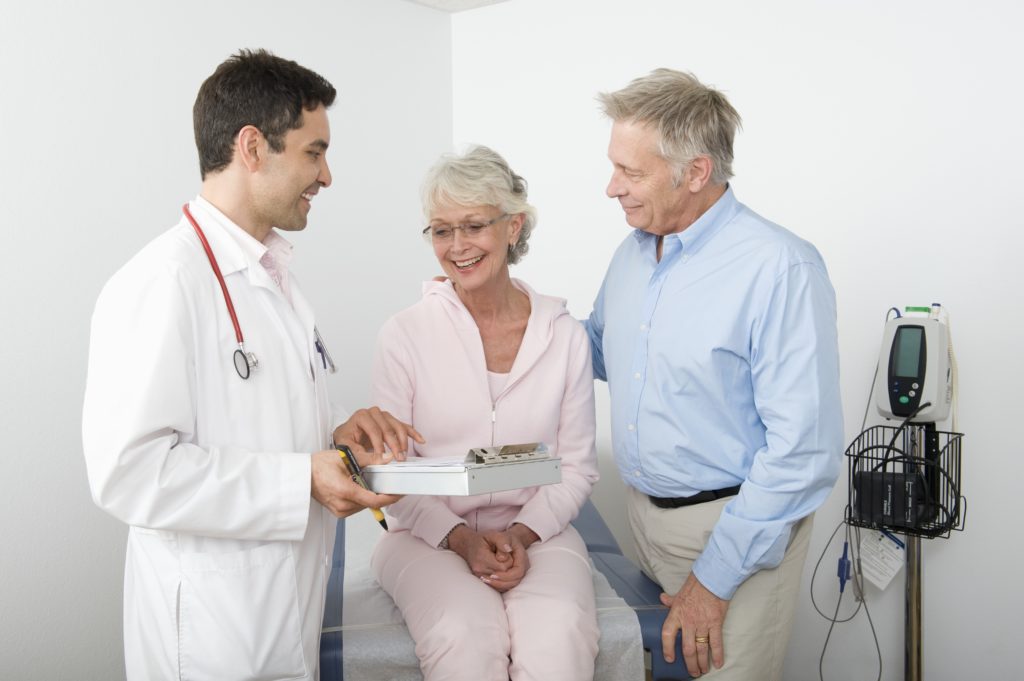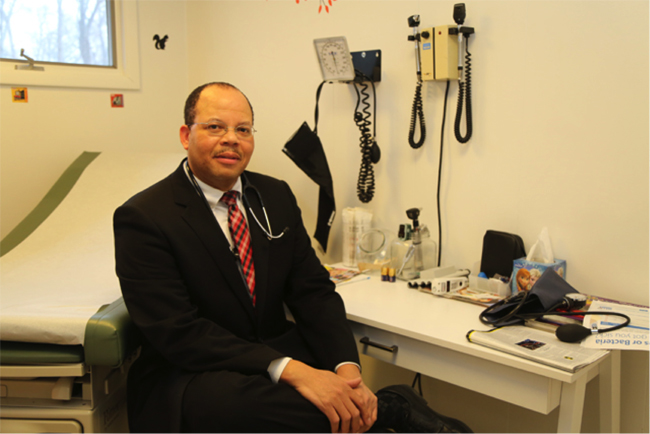
Image Via Pixabay
Retirement has finally come and now you have the time to enjoy your family, travel or to simply sleep in every morning. But the fact that you are no longer obligated to punch a clock does not mean that it’s time to let yourself go. If you want to age well, you have to pay attention to your physical and mental health. Here’s how:
See your doctor regularly
When you reach 65, your relationship with your primary health care provider is more important than ever. Before now, you’ve been able to get away with a physical every two or three years. But now, you should plan on seeing your doctor at least once every 12 months. According to Comprehensive Primary Care, men and women have different health care needs. Women, for instance, are advised to get a mammogram yearly and Pap smear every five years after their 50th birthday. Likewise, men should receive a prostate cancer screening and bone density test after the big 5-0.
If paying for this extra health care is a little intimidating, you should consider learning more about Medicare Advantage Plans — also known as Medicare Part C. Medicare Part C plans provide all the benefits as Part A and Part B, but may also offer coverage for other important aspects of your health such as prescription drugs, vision and dental care. Keep in mind, however, the open enrollment is limited to October 15 to December 7 each year.
Exercise
Age is no excuse for letting your muscles, bones and joints go to waste. Even if you suffer with issues such as arthritis, there’s still plenty of ways to stay active. Aquatic exercises for seniors utilize the buoyancy of water to ease pressure on the joint. Water aerobics is low impact and reduces the risk of falls. If you’d rather get outdoors and enjoy nature, the benefits of walking cannot be underscored enough. Not only will walking increase your aerobic capacity, walking a few days out of week can actually give you a more positive outlook on life and improve your physical health.
Stay social
One of the biggest downfalls of leaving the workforce is that you no longer have access to other adults on a daily basis. Unfortunately, this social isolation leads to stagnant lifestyles with approximately 70 percent of seniors between the ages of 65 and 74 reporting long periods of inactivity. Turn your downtime into social time by attending church, volunteering, or joining a club that caters to your interests. Whether you like to travel, read, work puzzles or even collect stamps — there’s a group for that.
Don’t destroy your diet
While there’s nothing wrong with enjoying the occasional overindulgence, your body will thank you if you fuel it properly. Start with a good breakfast each day – preferably something full of fiber, such as oatmeal. If you haven’t already, take some time and research foods that can combat issues that go along with age. For instance, Senior Lifestyle points out that salmon, which is rich in protein and omega-3 fatty acids, can help slow mental degeneration. Likewise, snack foods such as dark chocolate and walnuts contain compounds that can improve circulation, reduce blood pressure and boost a host of cognitive functions.
With age comes a level of freedom like you’ve never known before. But in order to enjoy your sovereign ways, you have to pay attention to – and prioritize – your health. So exercise, eat right and keep an open line of communication with your doctor and your social network. Doing so will help you enjoy all the benefits of age.
Post courtesy of Karen Weeks at Elderwellness.net


